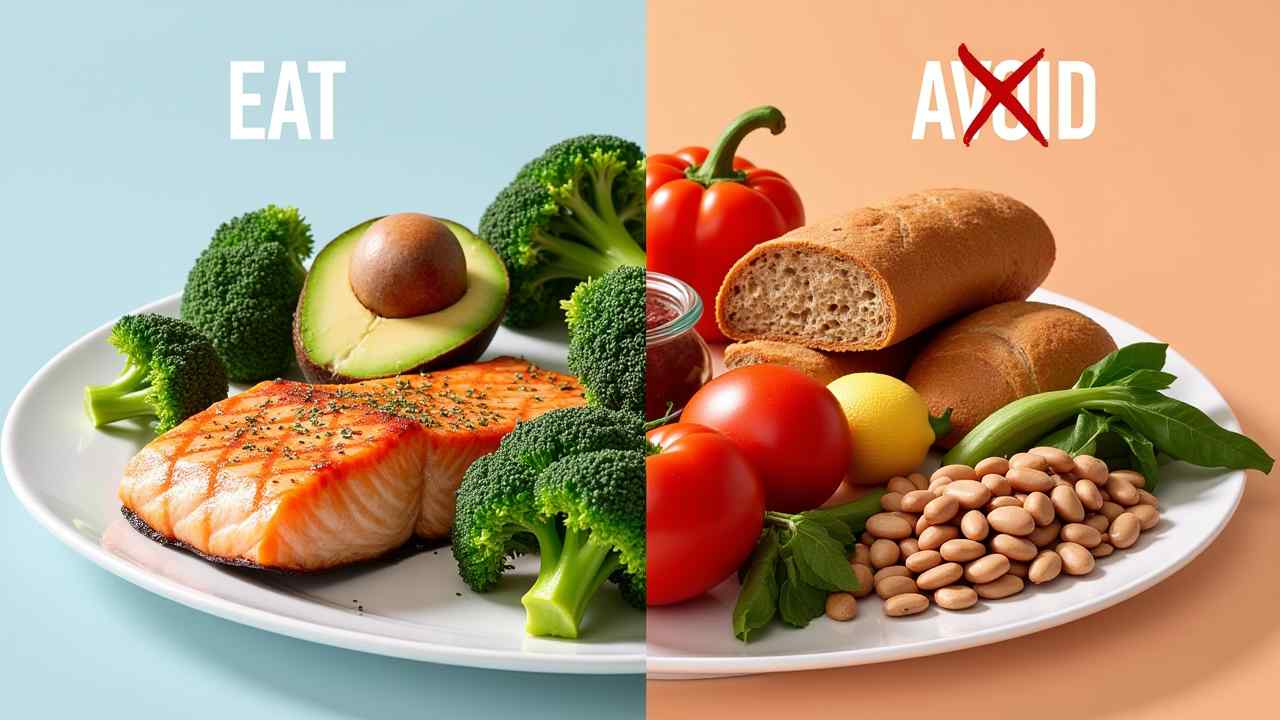
🤔 What is the Dr. Gundry Diet? A Guide to the Plant Paradox
🤔 What is the Dr. Gundry Diet? A Guide to the Plant Paradox 🤔
The Dr. Gundry diet is a popular eating plan. It was created by Dr. Steven Gundry, a cardiac surgeon. His bestselling book, "The Plant Paradox," introduced his unique philosophy. It challenges many common ideas about healthy eating.
This diet is not a typical weight-loss plan. It is a lifestyle protocol. It is based on the idea of avoiding a specific group of plant proteins called lectins. Dr. Gundry believes these are a root cause of many modern health issues.
This guide will explain the core concepts of the Dr. Gundry diet. We will explore what foods to eat and what to avoid. We will also look at the scientific view of this controversial approach. 🌿
Disclaimer: This is a highly restrictive diet. Its core theory is not accepted by mainstream nutrition. Always consult a doctor before making significant dietary changes.
💡 What is the Core Philosophy of the Dr. Gundry Diet?
The entire Dr. Gundry diet is built around one central idea: lectins. Dr. Gundry's theory is that lectins are a type of "plant defense chemical." He argues that plants produce these sticky proteins to protect themselves from being eaten.
According to his "Plant Paradox" theory, these lectins can cause problems for humans. He claims they can lead to inflammation, weight gain, and "leaky gut." This can contribute to a wide range of health issues. Therefore, the goal of his diet is to eliminate or reduce high-lectin foods.
🚫 What Foods Must Be Avoided on the Plant Paradox Diet?
This is the most surprising part of the Dr. Gundry diet. The list of foods to avoid includes many items that are generally considered very healthy. This is what makes the diet so unique and controversial.
Which Grains and Legumes are Banned?
All grains and legumes are high in lectins. Therefore, they are completely eliminated. This includes whole grains like wheat, rice, and oats. It also includes all beans, peas, lentils, and soy products.
Which Vegetables are Out?
This is a very strict list. Nightshade vegetables are forbidden. This includes tomatoes, potatoes, bell peppers, and eggplant. All members of the squash family, like zucchini and pumpkin, are also on the avoid list. 🥒
What About Certain Fruits and Nuts?
The diet recommends eating only in-season fruit in moderation. Certain nuts and seeds are also eliminated. Peanuts and cashews, which are technically legumes, are out. Sunflower and pumpkin seeds are also avoided.
✅ So, What Foods Can You Eat on the Dr. Gundry Diet?
While the list of exclusions is long, the diet focuses on a specific set of "safe" foods. The Dr. Gundry diet emphasizes the following groups:
- "Lectin-Shielded" Vegetables: The stars of the diet are cruciferous vegetables. This includes broccoli, cauliflower, and Brussels sprouts. Leafy greens like spinach and romaine are also good.
- Resistant Starches: Sweet potatoes, yams, and taro root are allowed in moderation.
- Healthy Fats: Avocado, extra virgin olive oil, and macadamia nuts are heavily featured. 🥑
- Proteins: The diet recommends pasture-raised poultry, grass-fed beef, and wild-caught fish.
- Safe Fruits: Berries and avocados are the main fruits to enjoy.
Dr. Gundry also notes that pressure cooking can destroy the lectins in foods like beans and tomatoes. This can make them acceptable to eat on his plan.
🔬 Is the Lectin Theory Supported by Science?
This is a very important question. It is true that some lectins are toxic in high doses. For example, eating raw, uncooked kidney beans can make you very sick. However, cooking drastically reduces the lectin content in most foods.
The idea that the small amounts of lectins in a normal, varied diet cause widespread health problems is highly controversial. It is not supported by mainstream nutritional science. Most experts argue that the many health benefits of these foods far outweigh any potential negative effects from lectins.
Many people report feeling better on the Dr. Gundry diet. This is likely because it is a very healthy whole-foods diet. It eliminates sugar, processed foods, and junk food. These changes would benefit anyone, regardless of lectin intake. 🩺